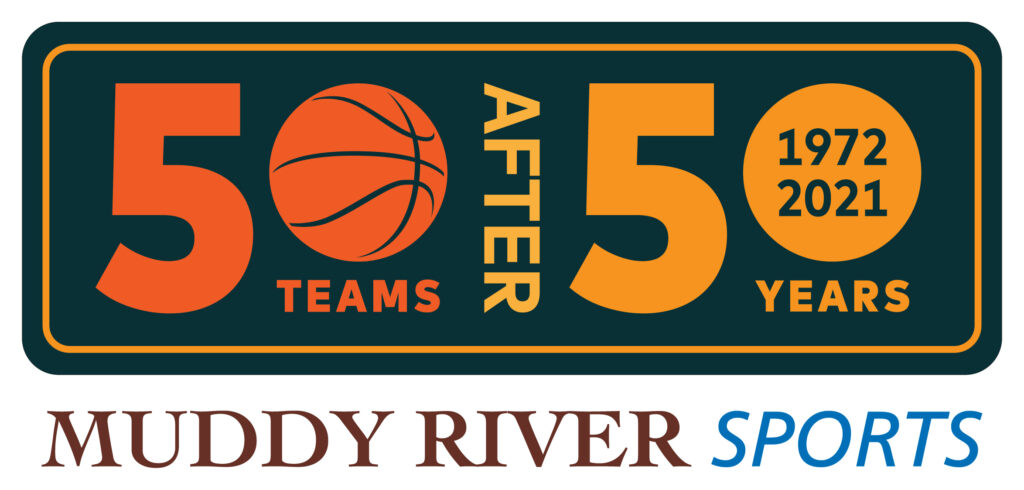Schuckman: ’50 Teams After 50 Years’ will celebrate 50th anniversary of start of two-class system for Illinois basketball

For the better part of six decades, small-school boys basketball teams from West Central Illinois had their state tournament aspirations hit an inevitable roadblock.
They simply couldn’t circumvent the city schools.
Whether that foe came from Quincy, Galesburg or Springfield, there was a program with a larger enrollment, more resources and a history of postseason success standing in the way. It explains why only two small-school programs won state trophies during the one-class system.
Griggsville-Perry took fourth in 1928 and Quincy Notre Dame finished fourth in 1957.
Only three other schools even reached Champaign from the start of the state tournament series in 1908 through the 1970-71 season. Mount Sterling made it in 1910, Barry earned a spot in 1919 and Pittsfield made four appearances in the sweet 16 — 1921, 1941, 1949 and 1970 — with the 1949 team reaching the quarterfinals.
In the same timeframe, Quincy High School made 20 state appearances with six state trophies, Galesburg made 23 appearances with six state trophies, and Springfield made 20 appearances with eight trophies.
The competitive balance wasn’t balancing.
Beginning with the 1971-72 season, it finally did.
Chuck Rolinski, who teamed with former Quincy coach Sherrill Hanks to create the Illinois Basketball Coaches Association in 1971, drew up a proposal for a two-class system that would have a small-school state tournament for schools with enrollments of 500 or less and a big-school state tournament for everyone else.
Rolinski’s vision was met with much criticism, but the Illinois High School Association adopted the plan for the 1971-72 season and changed the game forever.
Former Lawrenceville coach Ron Felling was quoted as saying the two-class system did more for his coaching career and the Lawrenceville community than Mickey Mouse did for Walt Disney. Felling won four Class A state championships with the Indians.
More importantly, it opened the eyes of the rest of the state to what small-school basketball is all about.
It put the passion of a community on display. Sure, it could be seen every Friday night in small gyms in rural communities, but the advent of the two-class system brought those communities to Assembly Hall in Champaign. The Class A tournament became a weekend spectacle of civic pride and school spirit.
Everyone embraced it. Store owners closed their doors so they themselves and their workers could attend the tourney. Fan buses and caravans making the road trip to the University of Illinois campus became common.
And the last one out of town being asked to turn the lights off became reality.
This season marks the 50th anniversary of the formation of the two-class system and a reason to relive the teams and players from West Central Illinois who helped create the unique and special atmosphere the Class A state tournament delivered.
Through a project spearheaded by Muddy River News Editor David Adam — we have dubbed it “50 Teams After 50 Years” — we plan to honor the 50 teams that thrilled us, amazed us and carried us along their journey. Some ended with a state trophy and three were capped by a state championship, but every season had a story.
Beginning Monday and running through the remainder of the basketball season, we will reveal our top 50 small-school teams from Adams, Brown, Hancock and Pike counties from the last 50 years. You may debate us on our rankings, but one thing will become abundantly clear over the next three months — this area has been blessed by the talented players and coaches who made these stories possible.
So enjoy the countdown, take a stroll down memory lane and remind yourself why the heyday of the Illinois state basketball tournament took place when the small schools were given a chance.
Miss Clipping Out Stories to Save for Later?
Click the Purchase Story button below to order a print of this story. We will print it for you on matte photo paper to keep forever.
